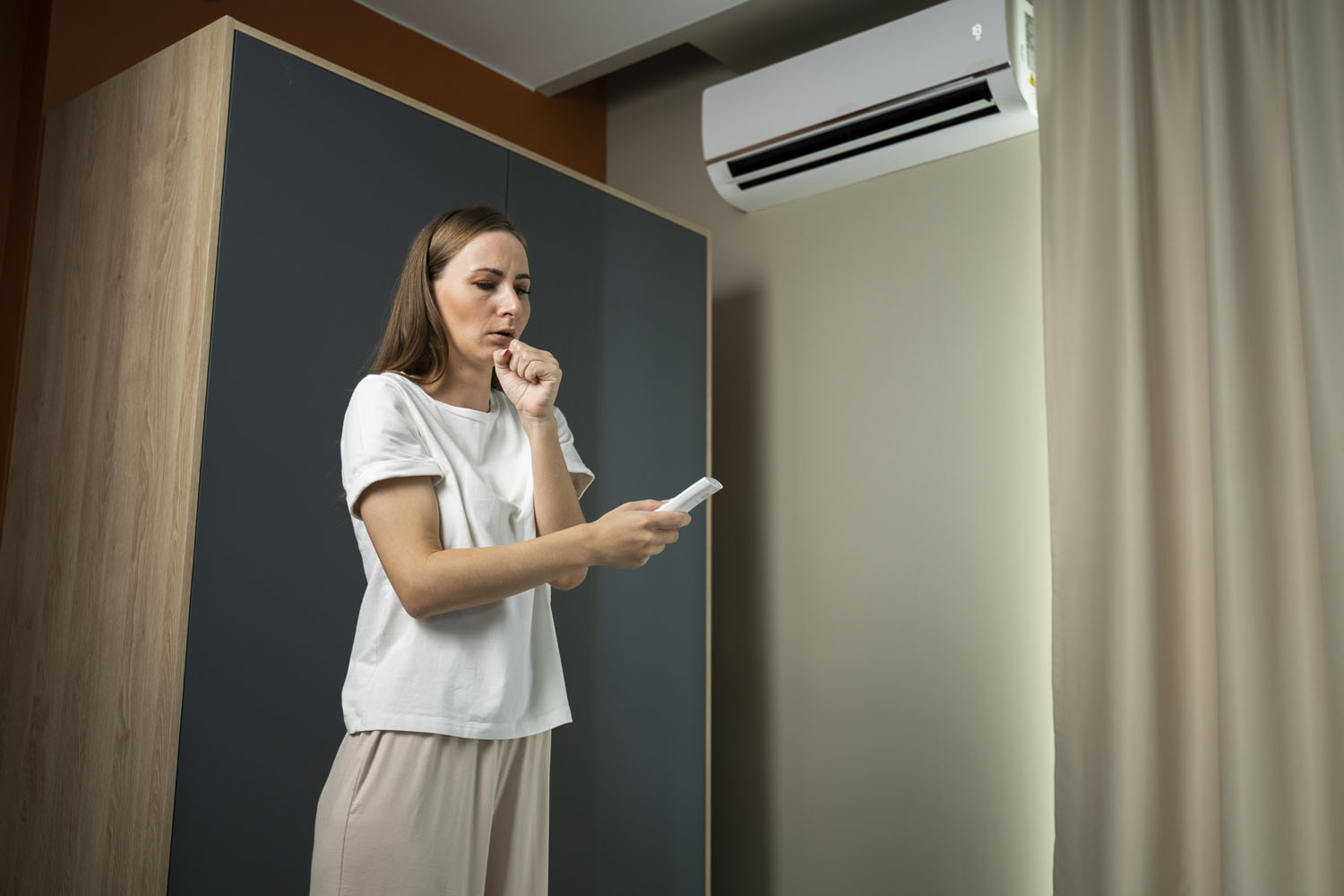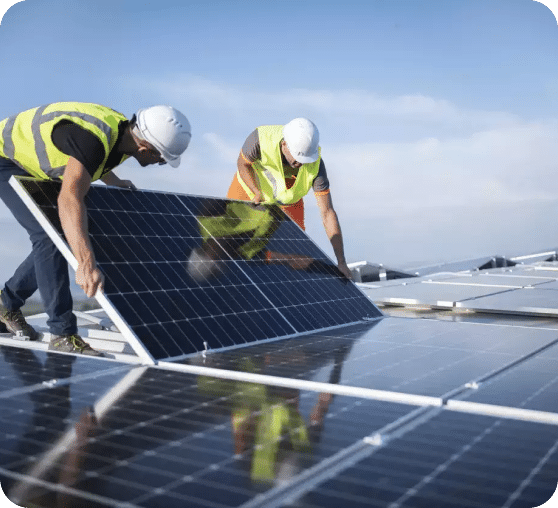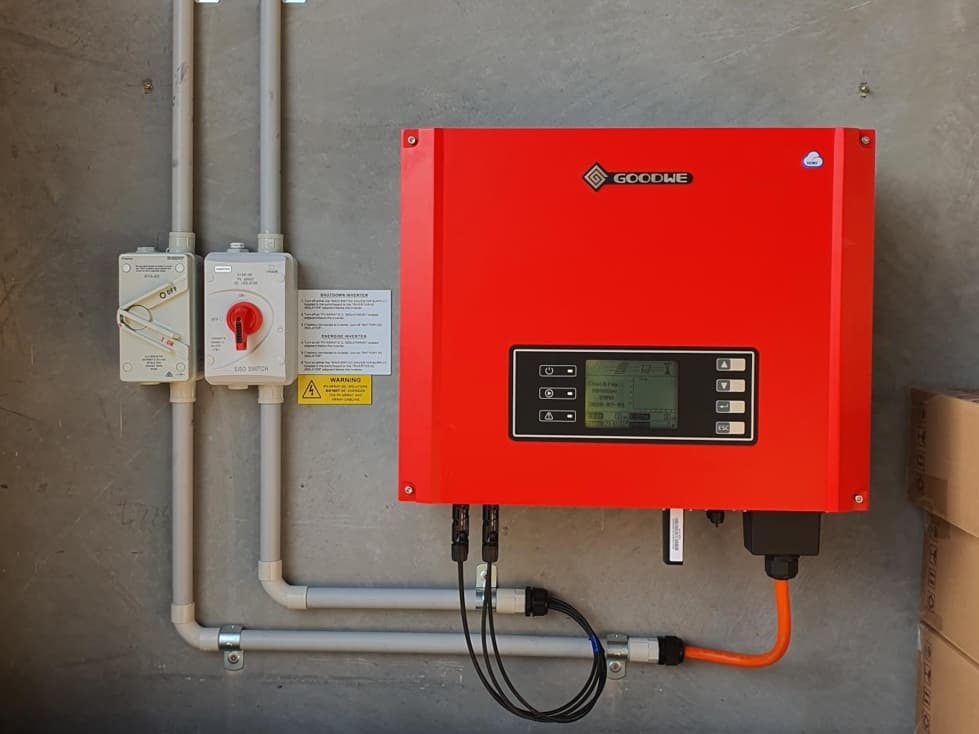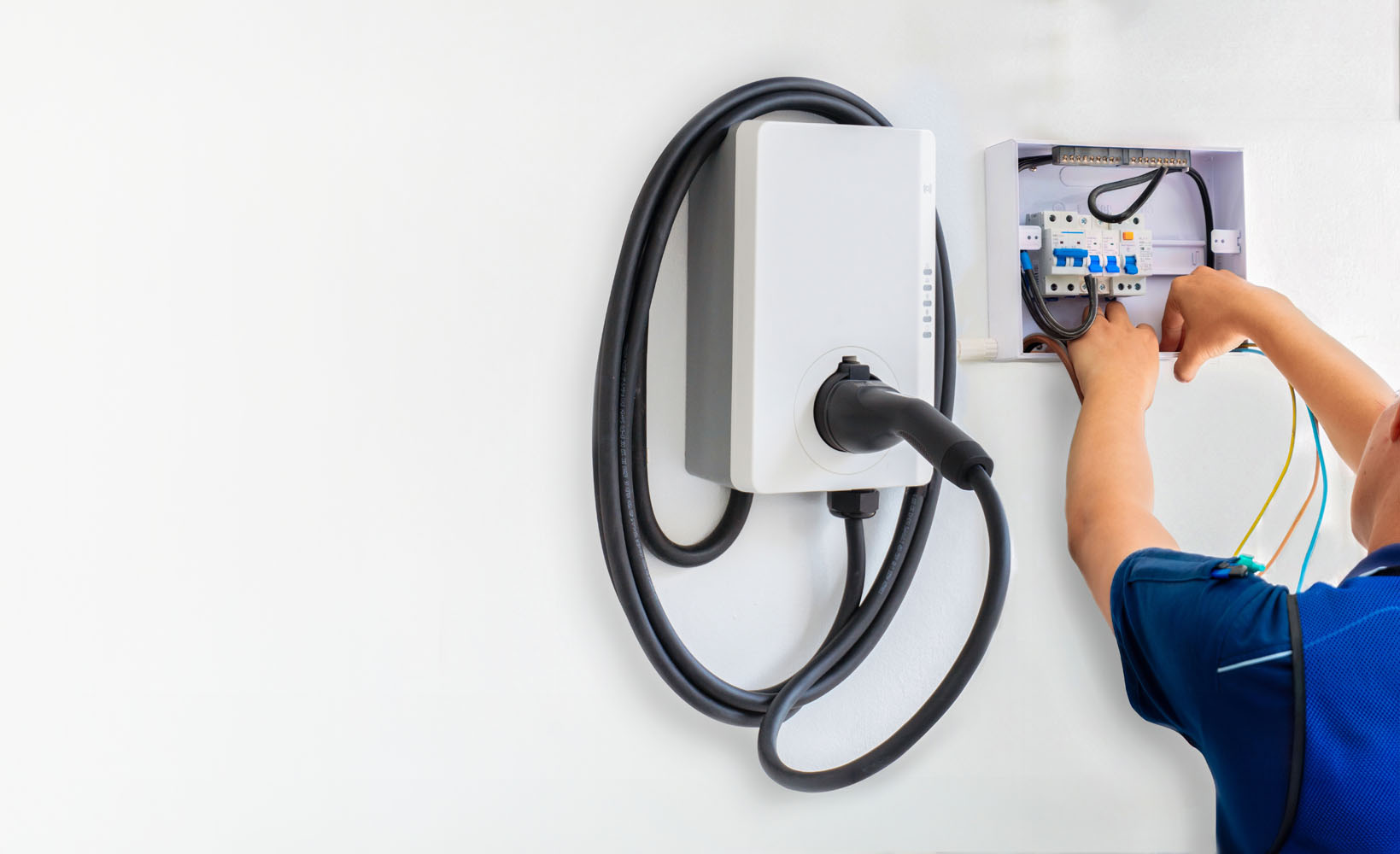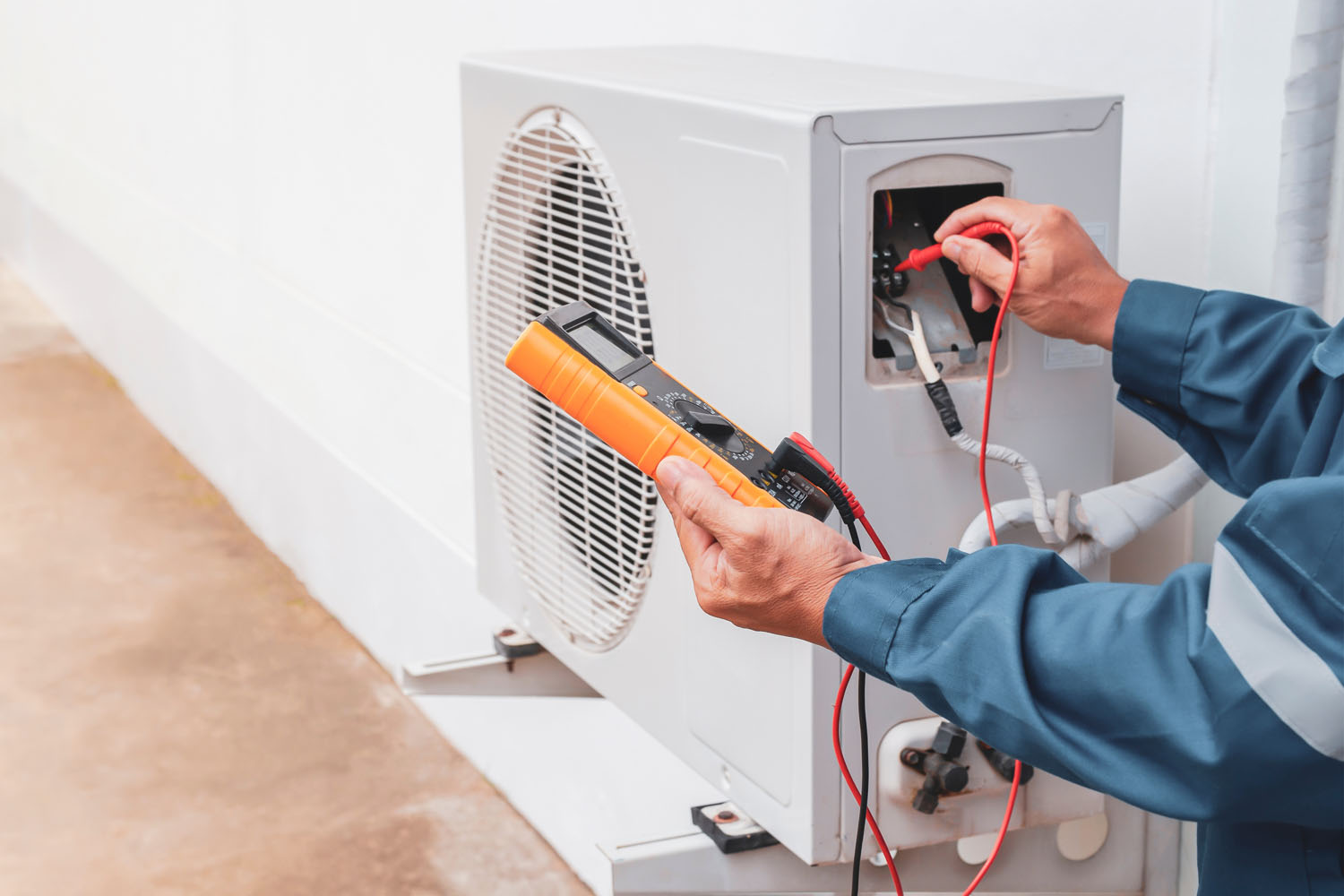Reducing your home’s energy consumption doesn’t just lower your electricity bills—it’s also one of the most effective ways to reduce your environmental impact. Fortunately, there are plenty of simple, actionable steps you can take to reduce energy usage in your home without sacrificing comfort. In this article, we’ll share some of the best tips for cutting down on energy consumption in your home.
1. Upgrade to Energy-Efficient Appliances
One of the easiest ways to reduce energy consumption is to upgrade to energy-efficient appliances. Look for appliances with a high energy star rating, which indicates they use less energy to perform the same tasks.
- HVAC systems: Consider upgrading to a high-efficiency heat pump or air conditioner with a high SEER rating.
- Refrigerators: Newer refrigerators use up to 50% less energy than models manufactured just 10 years ago.
- Dishwashers and washing machines: Modern dishwashers and washing machines have eco-friendly settings that use less water and energy.
2. Use Smart Home Technology
Smart home technology can help you monitor and control your energy usage more efficiently. Smart thermostats, for example, allow you to control the temperature of your home remotely and create schedules to optimize energy savings.
- Smart thermostats: Program your thermostat to adjust the temperature when you’re not home, saving energy while you’re away.
- Smart lighting: Install smart lighting systems that allow you to control lights from your phone and schedule when they turn on and off.
3. Improve Insulation and Seal Leaks
As we mentioned earlier, insulation plays a key role in reducing energy consumption. Make sure your home is properly insulated to prevent heat loss in winter and heat gain in summer.
- Seal gaps and cracks: Use caulking and weatherstripping to seal gaps around windows, doors, and ductwork to prevent air leaks.
- Attic insulation: Add insulation to your attic to reduce heat loss in winter and keep your home cooler in summer.
4. Use Energy-Efficient Lighting
Switching to energy-efficient lighting is one of the easiest ways to reduce energy consumption. LED bulbs use up to 75% less energy than incandescent bulbs and last much longer.
- LED bulbs: Replace all incandescent and halogen bulbs in your home with energy-efficient LED bulbs.
- Smart lighting: Use smart lighting systems to control when your lights turn on and off, reducing unnecessary energy usage.
5. Monitor and Adjust Your Energy Usage
Tracking your energy usage is a great way to identify areas where you can cut back. Many energy companies offer online tools or apps that allow you to monitor your home’s energy consumption in real time.
- Energy monitoring apps: Use apps like Neurio or Sense to track your home’s energy usage and get insights on where to reduce consumption.
- Adjust your habits: Simple changes, like turning off lights when not in use or unplugging appliances when not needed, can add up to significant savings over time.
Conclusion
Reducing energy consumption in your home doesn’t have to be difficult or expensive. By making small changes like upgrading to energy-efficient appliances, using smart home technology, improving insulation, and monitoring your usage, you can significantly lower your energy bills and reduce your environmental impact. Start implementing these tips today to make your home more energy-efficient and eco-friendly.


